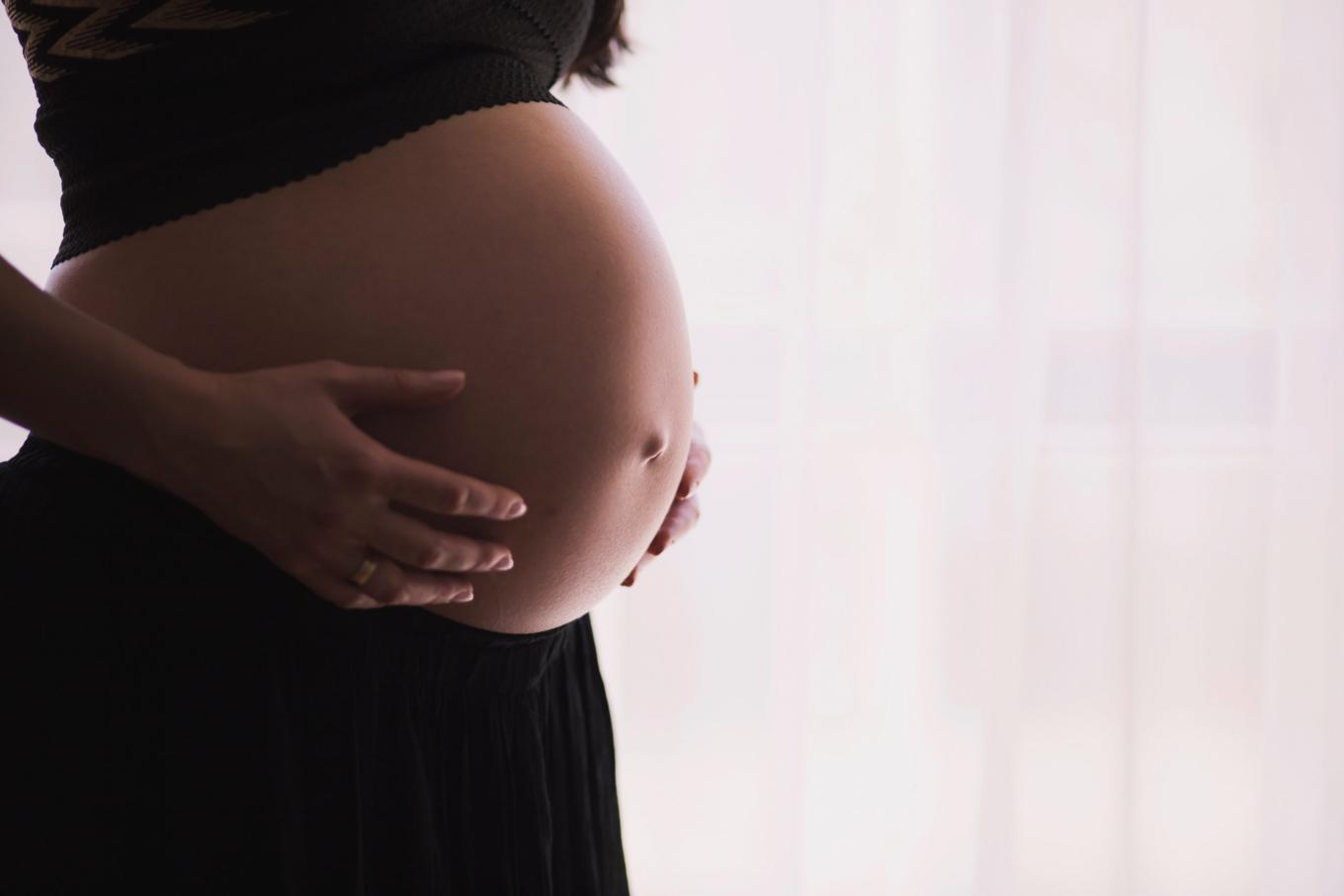BUMPP Study
A Research Study to Better Understand Mood
during the Perinatal Period
Enrollment for this study has been completed.

We are a team of researchers at the University of Minnesota. The goal of the BUMPP research study is to improve our understanding of moods, feelings, and thoughts that women can experience during pregnancy and soon after the baby is born. We are interested in how these moods, feelings, and thoughts are related to changes in hormones and immune health that women experience during and after pregnancy, and to mother-baby relationships and baby's development in the early postpartum months.
For this research study, we are looking for women who:
- Are currently less than 35 weeks pregnant with one baby
- Will be giving birth for the first time
- Speak, read, write in English
- Are generally physically healthy
- Have not frequently used alcohol or drugs during their pregnancy
What does participation consist of?
Participation involves 3 remote sessions completed by you in your home (at 34-35 weeks of pregnancy, 1-2 weeks after birth, and 1 month after birth) and 1 in-person session where you and your baby would come see us at the University (at 2 months after you give birth). This study adheres to university/state guidelines regarding COVID safety protocols for in-person activities. Activities include completing short interviews, answering online questionnaires, providing a few drops of blood from a finger prick to measure immune health, providing some strands of hair to measure the hormone cortisol, and participating in mother-infant activities. Participants receive compensation for their time and effort through a pre-paid debit card (up to $205 total), and a “Junior Scientist” t-shirt for their little one!
How do I participate?
If you would like more information about this research study, please feel free to contact us at (612) 688-7222 or email us at bumpp@umn.edu.
This research is being conducted by graduate investigator, Mariann Howland and Dr. Megan Gunnar at the Institute of Child Development, University of Minnesota. This study is approved by the UMN Institutional Review Board: STUDY00013892.